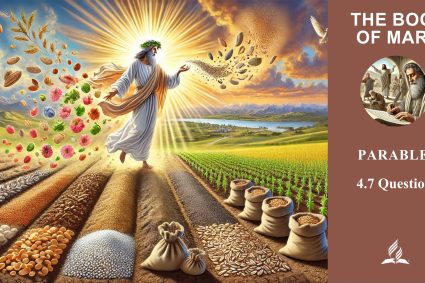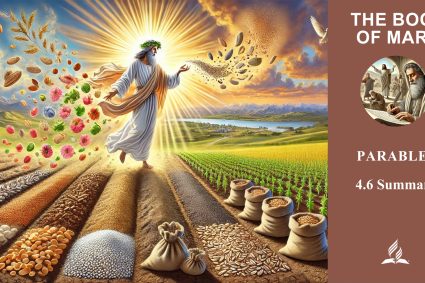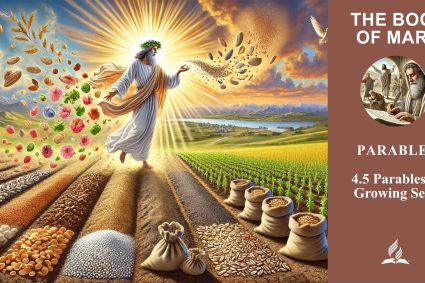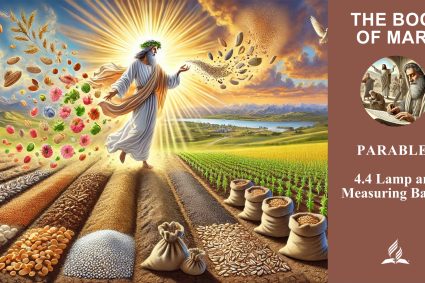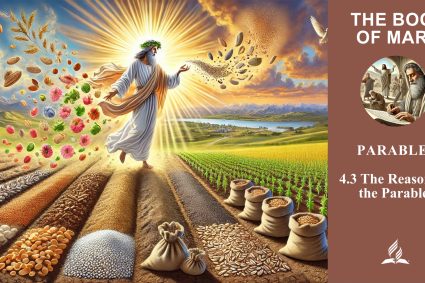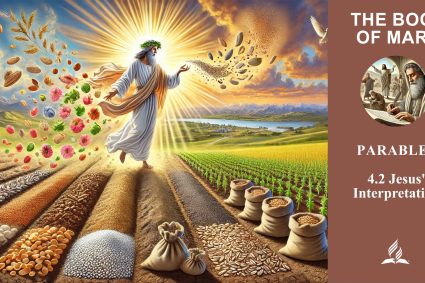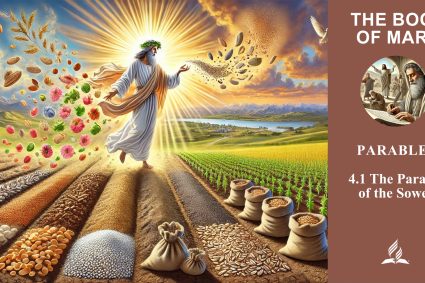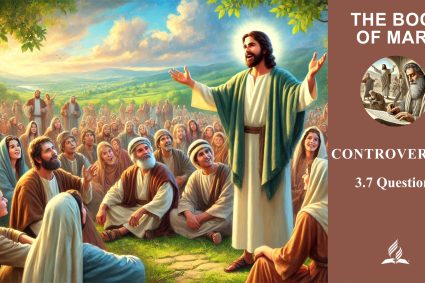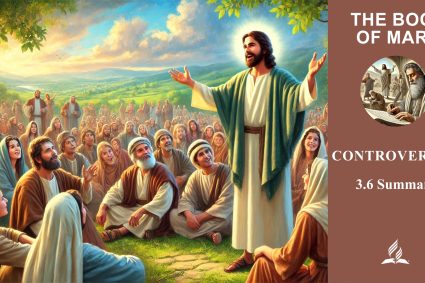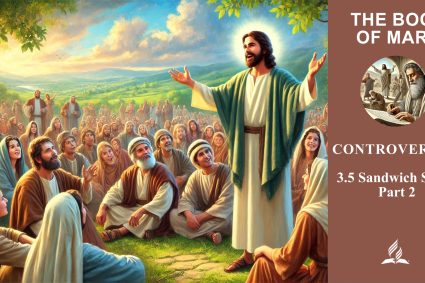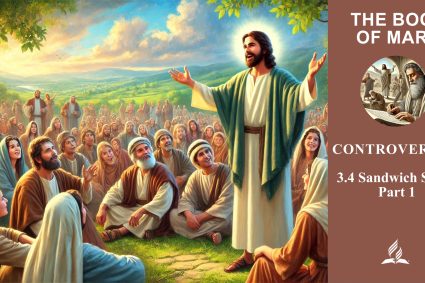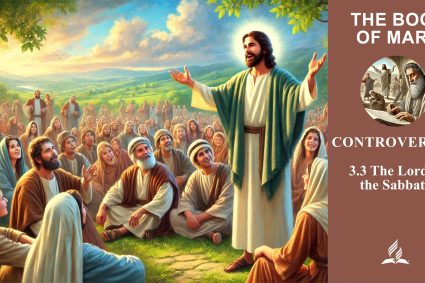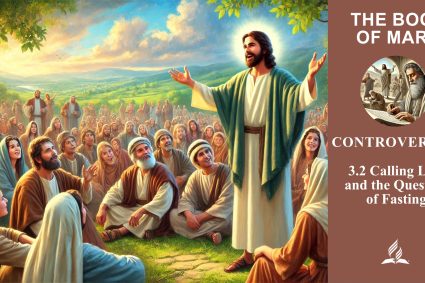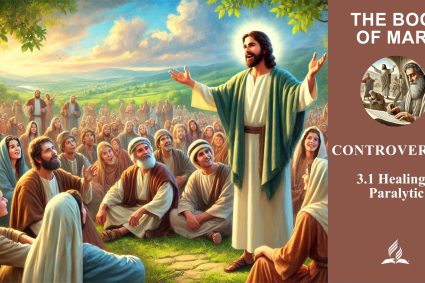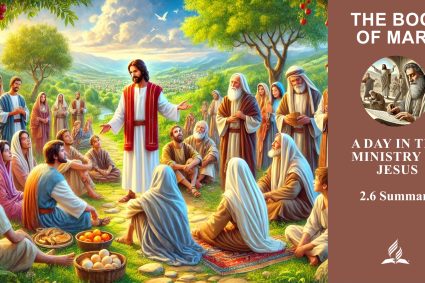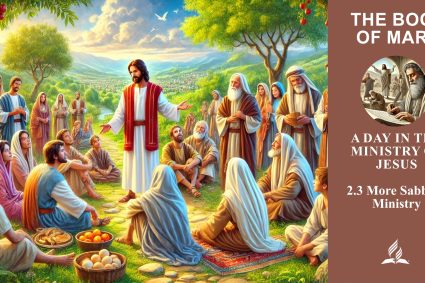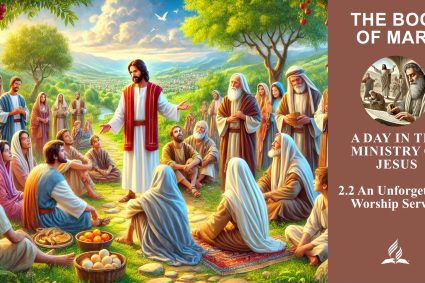Lesson 6: I Will Arise | 6.4 Pour Out Your Indignation


6.4 Pour Out Your Indignation
Read Psalm 58:7–9; 69:23–29; 83:10–17; 94:1–2; and 137:7–9. What mood do these Psalms convey? Who is being judged in these Psalms?
The selected Psalms, namely Psalm 58:7–9; 69:23–29; 83:10–17; 94:1–2; and 137:7–9, depict an atmosphere of deep lament, pain, and outrage. These Psalms reflect human suffering, injustices, and the desire for justice.
The mood in these Psalms is characterized by urgency, a desperate quest for justice, and an earnest appeal to God to intervene. The psalmists express their anguish over the deeds of the wicked and hostilities towards the people of God.
In these Psalms, God is the one passing judgment on oppressors, enemies, and evildoers. The psalmists implore God to demonstrate His power, execute justice, and judge the guilty. There is a plea for divine intervention to end injustice and make those causing suffering face the consequences of their actions.
It is crucial to note that these Psalms represent an expression of human emotions and experiences. In their lament and urgency for God’s intervention, the psalmists reveal their deep dependence on God as the ultimate judge and helper in times of injustice and suffering.
Psalms that call for divine retaliation and justice may, at first glance, seem contradictory to the biblical principle of loving one’s enemies, as mentioned in Matthew 5:44. However, these Psalms express the profound indignation of the psalmists towards the injustice and oppression they or their people face. This indignation testifies to a sincere commitment to justice and a deep compassion for the suffering of others.
It is essential to emphasize that the psalmists are not seeking revenge themselves. On the contrary, they leave retaliation solely in God’s hands. These Psalms invoke the divine curses and promises of the covenant, and the plea to God to act according to His promise reflects the prophetic proclamation of God’s impending judgment.
(Visited 19 times, 1 visits today)
Post Views: 198

